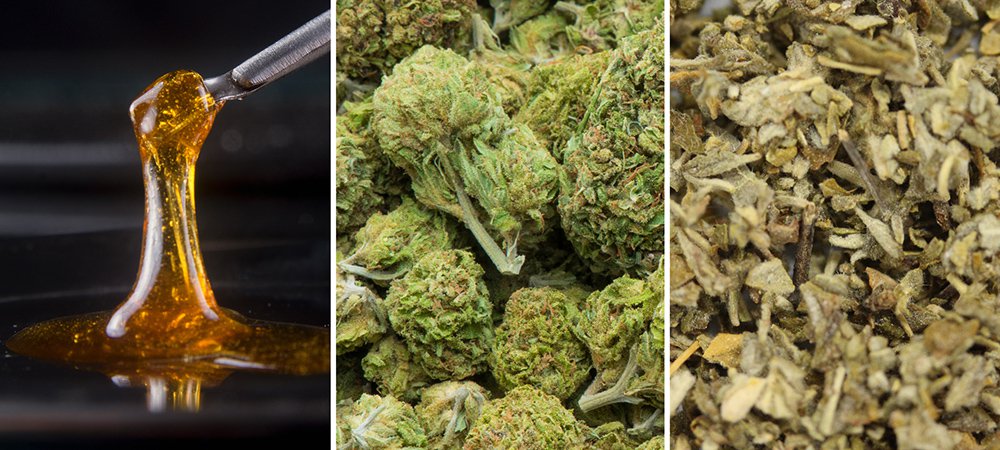Investigating the Promising Applications and Positive Effects of Seasoning as a Synthetic Cannabinoid
In the last few years, the exploration of artificial cannabinoids, especially Seasoning, has actually stimulated fascinating discussions within the medical and scientific neighborhoods. The prospective applications and influences of Flavor in various restorative setups have attracted attention for their special residential properties and effects on the human body. As research digs much deeper into this artificial compound, discovering its similarities and disparities with all-natural cannabinoids, a nuanced understanding of its benefits and difficulties emerges. This conversation intends to drop light on the encouraging methods that Seasoning offers in the realm of medical care and health, triggering a reevaluation of traditional approaches to cannabinoid-based therapies.
Therapeutic Possible of Spice
Checking out the healing capacity of Seasoning, a synthetic cannabinoid, involves a critical evaluation of its pharmacological properties and possible medical applications. Seasoning, likewise called synthetic cannabis, communicates with the endocannabinoid system in a manner comparable to all-natural cannabinoids, such as those found in marijuana. This communication leads to numerous physiological effects that have triggered passion in its restorative possibilities.
Research studies have actually indicated that Flavor might have possible as an analgesic, aiding to relieve discomfort in problems such as neuropathic pain or chronic inflammatory discomfort - Buy K2 Paper For Sale. In addition, its interaction with cannabinoid receptors offers an opportunity for exploring its use in managing symptoms of conditions like multiple sclerosis or chemotherapy-induced queasiness and vomiting

Discomfort Monitoring Conveniences
Flavor, an artificial cannabinoid, shows promising potential in pain management because of its analgesic homes and interactions with the endocannabinoid system. The analgesic homes of Flavor stem from its capability to regulate discomfort perception pathways, offering relief from various kinds of discomfort, consisting of neuropathic, inflammatory, and nociceptive discomfort. By targeting the endocannabinoid system, Spice can manage pain signals, reduce inflammation, and relieve pain connected with chronic discomfort conditions.
Research studies have actually shown that Spice can properly decrease pain strength and enhance discomfort tolerance in preclinical versions of discomfort. This artificial cannabinoid has shown efficiency in managing discomfort signs and symptoms without creating considerable damaging results generally related to typical pain medicines. Furthermore, Seasoning shows prospective in decreasing opioid reliance and misuse, offering a much safer alternative for discomfort administration.
Neuroprotective Qualities
Artificial cannabinoids like Spice have actually been increasingly acknowledged for their potential neuroprotective buildings in alleviating neuronal damages and promoting brain health and wellness. Studies recommend that these compounds might use neuroprotection with various mechanisms, including antioxidant impacts, anti-inflammatory residential properties, and modulation of natural chemical release. By read here interacting with the endocannabinoid system in the brain, artificial cannabinoids can control neuronal activity and potentially minimize the effect of neurodegenerative conditions or injuries.
One trick aspect of the neuroprotective residential or commercial properties of Seasoning is its capability to modulate excitotoxicity, a process in which too much stimulation of neurons results in cell damage or fatality. By managing neurotransmitter launch and moistening excitotoxic signaling paths, artificial cannabinoids might help secure nerve cells from hazardous overstimulation. Additionally, the anti-inflammatory results of Flavor can mitigate neuroinflammation, which is frequently linked in various neurological disorders.
Comparative Analysis With Natural Cannabinoids
In comparing the neuroprotective properties of artificial cannabinoids like Seasoning with those of natural cannabinoids, a nuanced examination of their particular effects on neuronal health and wellness is critical. Natural cannabinoids, such as those found in the marijuana plant, have been extensively studied for their neuroprotective impacts. These compounds communicate with the endocannabinoid system in the body, which plays a crucial function in maintaining neuronal function and safeguarding versus neurodegenerative diseases.

Governing and Moral Considerations
Considering the possible effects on human health and wellness and well-being, an exam of governing and moral factors to consider surrounding making use of synthetic cannabinoids contrasted to all-natural cannabinoids is crucial. Artificial cannabinoids, like Seasoning, existing special difficulties because of their commonly unknown chemical compositions and potency variants. Regulative bodies deal with the challenging job of keeping up with the rapid emergence of new artificial cannabinoid compounds, which can make it hard to implement this website constant and efficient policies.

To attend to these regulatory and honest difficulties, policymakers need to prioritize research right into the long-term effects of synthetic cannabinoids and develop clear official website guidelines for their manufacturing, sale, and usage. In addition, education and learning projects are vital to notify the public concerning the threats connected with artificial cannabinoids and promote accountable intake techniques. By taking aggressive measures, culture can much better safeguard against the prospective harms positioned by synthetic cannabinoids while maintaining ethical criteria and securing public health and wellness.
Final Thought
In final thought, the investigation into the restorative capacity of flavor as a synthetic cannabinoid has actually revealed appealing lead to discomfort administration and neuroprotection. Comparative analysis with natural cannabinoids recommends similar benefits. Regulatory and honest factors to consider have to be carefully taken a look at before widespread usage. On the whole, the favorable impacts of spice as an artificial cannabinoid warrant more research and exploration in the medical field.